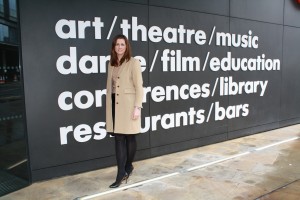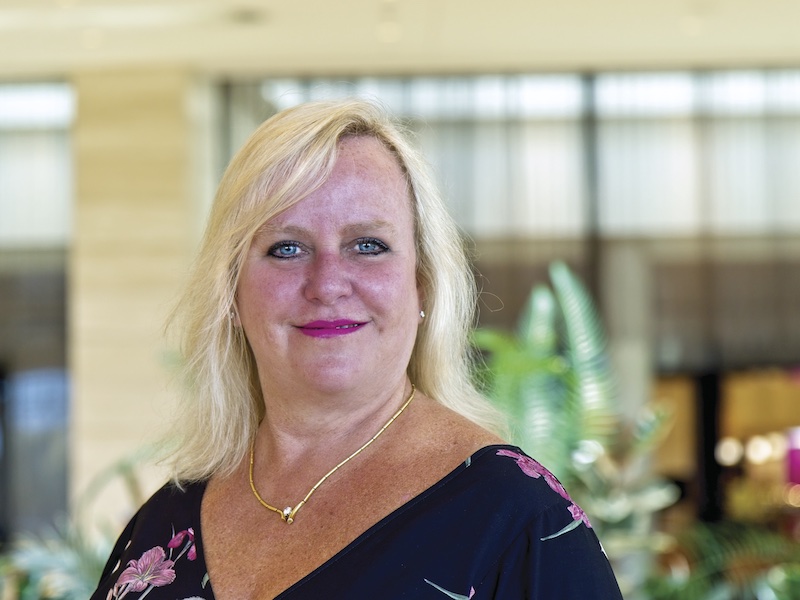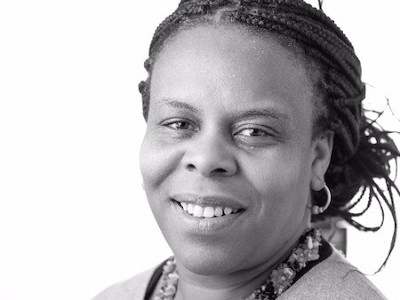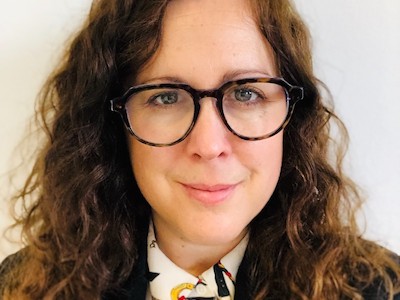Tell us a little about yourself
 Kerry runs a proactive service to assist broadcast journalists in getting high-flying experts on TV and radio news. This service is paid for by the expert or expert’s Company, who use the opportunities to promote themselves and their firm to some of the biggest audiences out there. Kerry is a former BBC and ITN ITV News journalist for which part of the role meant she booked guests on the news herself. She has also carried out corporate communications and PR for many of the top 10 global brands including The Walt Disney Company, Microsoft, Cisco, Samsung, JP Asset Management and O2.
Kerry runs a proactive service to assist broadcast journalists in getting high-flying experts on TV and radio news. This service is paid for by the expert or expert’s Company, who use the opportunities to promote themselves and their firm to some of the biggest audiences out there. Kerry is a former BBC and ITN ITV News journalist for which part of the role meant she booked guests on the news herself. She has also carried out corporate communications and PR for many of the top 10 global brands including The Walt Disney Company, Microsoft, Cisco, Samsung, JP Asset Management and O2.
What inspired you to set up your business?
There were four elements as to why I set it up. My experience working in PR agencies, broadcast PR agencies, TV news journalism and my Masters in TV Journalism where I studied why there were not as many male comedians on TV compared to female comedians. The amalgamation of all four elements led me to form the leading company in the field of getting spokespeople on the news. So far the firm has had around 1,600 opportunities for experts to get on national TV and radio news.
Your research shows that the broadcasting industry wants more women experts on the news. What are the main barriers that face women in becoming broadcast ready?
That’s right – broadcast news providers want to see at least 30% of the experts on the news as female, which is further to the Expert Women campaign set up in March 2012 by Professor Lis Howell at City University London. I met with various editors and they said they wanted more experts on the news from industry – as opposed to just think tanks, universities and associations. But there is no point journalists calling industry and asking for a female expert if PR divisions are not putting expert women forward. What I am seeing is that the majority of PR divisions are not investing in internal programmes that search for potential female experts to go on the news by adding to their pool of spokespeople. Budget is also another barrier – many in-house divisions pay for a PR agency which predominately does not get their client on TV and radio regularly if at all.
It would be best for PR divisions to think of a new way of working and split their budget between two agencies – the traditional PR agency and ours. In order to make a significant change, we have decided to do this as a full time job. Our high level service is a monthly retainer and for WATC members we will offer a 5% discount. PR agencies can look at hiring us to be ready to react to the news agenda on behalf of their clients. We have just carried out an immensely successful broadcast news campaign for Kantar TNS on the back of the General Election 2015 campaign getting their four experts on the news 100 times.
Many of us struggle with giving presentations at work, as a broadcast journalist, what advice can you give about the skills we need to develop in order to deliver a clear message and engage with the audience?
Know what you’re saying and say it well. Focus on your body language but most of all the words you use and your intonation. Watch reporters or TV news presenter, find one you like and copy them videoing yourself on your mobile phone or computer and adapt to your own personality.
What is the greatest challenge and the greatest reward in being your own boss?
The greatest challenge is splitting your time between getting swept away with exercising your skill of getting people on the news with making sure you go to new business meetings because often some new business decisions can take weeks or months for the client to make. The greatest reward is that I’m the final decision maker and take the credit on behalf of my team, as opposed to how it used to work where I’d be the specialist broadcast expert advising my bosses before.
What motivational tips can you offer our members about goal setting and managing both successes and failures?
Every time you fail you’re one step closer to success.
In your career how have you benefited from mentoring or coaching?
Yes, we applied and were selected to be one of the 25,000 SME’s in the UK to get to go on the Government’s GrowthAccelerator programme. My mentor gave me more confidence and helped with a business plan.
What is the one thing you could advise women to do to help them succeed professionally?
Get on the news. It dramatically increases your profile and is good for your career prospects as well as marketing your company’s brand name. You can influence the decisions and opinions of people. It should be viewed as a humbling experience to be given the opportunity to talk to millions of people at once. The ‘TNS expert women on the news’ poll commissioned by Broadcast Ready in January 2015, showed that the public view the experts used on the news, as more credible than the ones they read about in newspapers – the ones on TV as seen as some of the best experts in the UK. So why would you not want to be involved in this medium?!
Typically, how does your day start and how does it end?
First thing I do is watch the news and read the BBC News website with a coffee and hot skimmed milk.
What does the future hold for you?
Helping to meet the 30% target of getting female experts featured on the news.
 m: +44 (0)7900 981 751
m: +44 (0)7900 981 751








